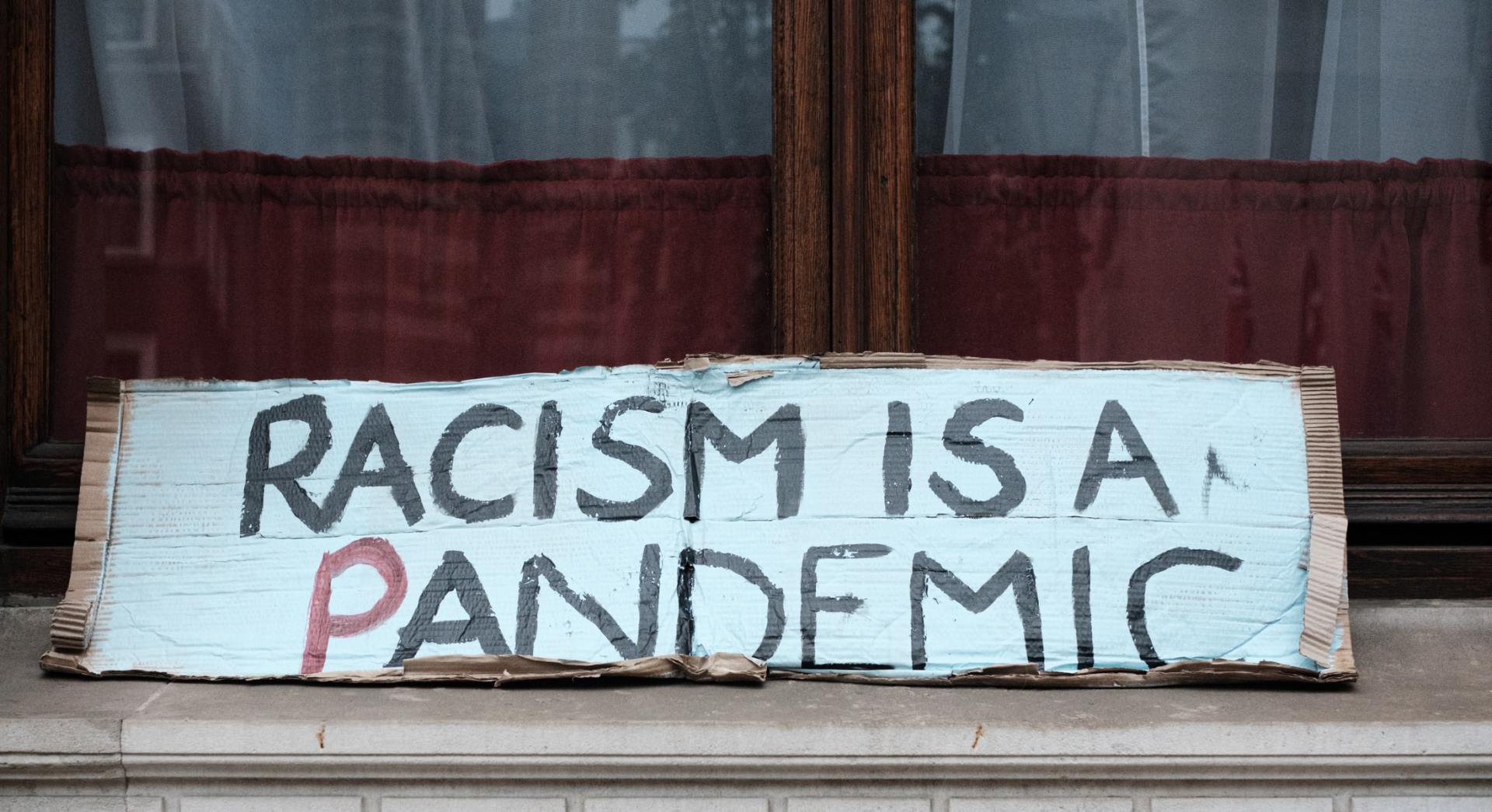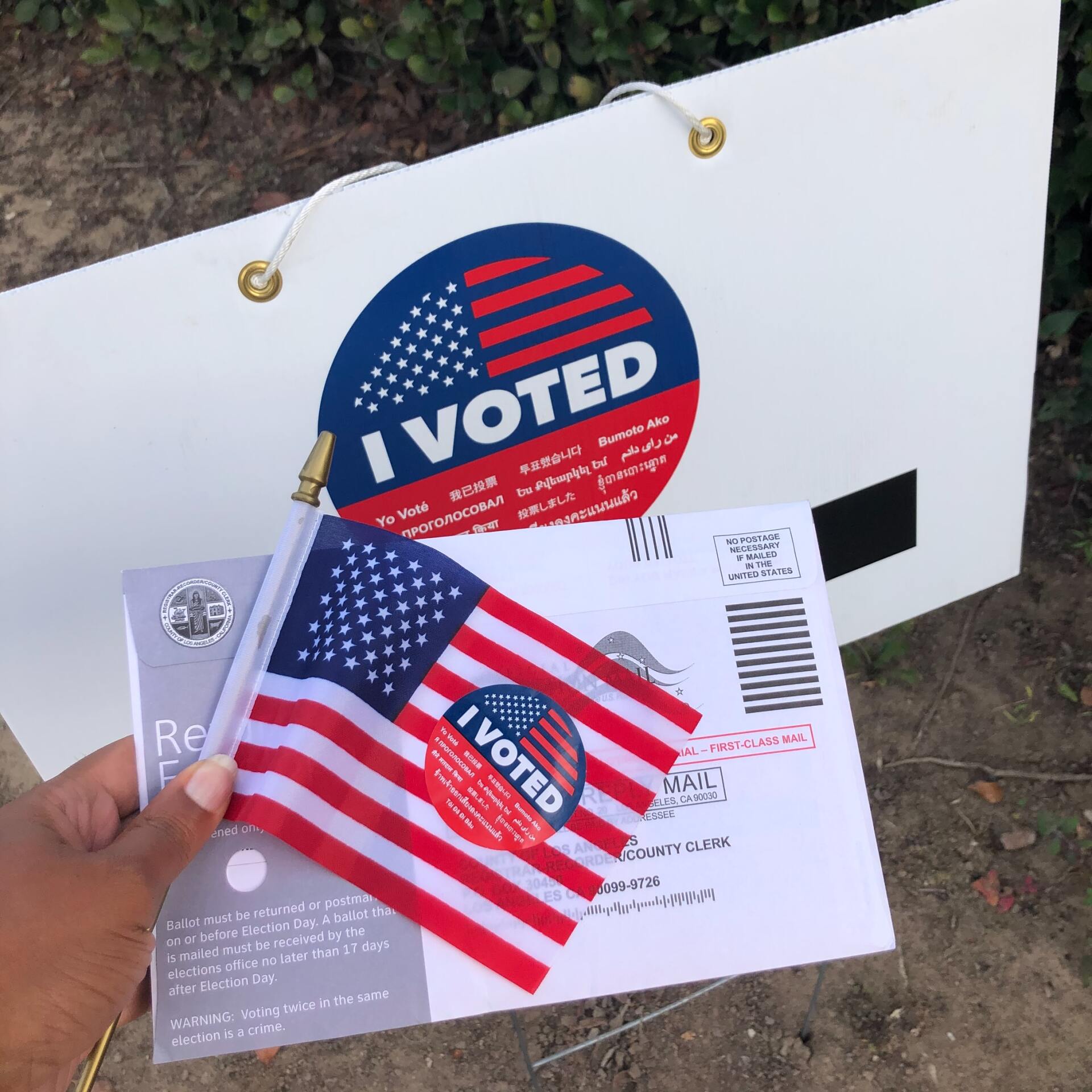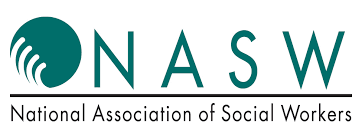Counseling and psychotherapy for individuals, couples and families.
Counseling and Psychotherapy for individuals, children, young adults, Families, and couples.
Let us choose to believe something good can happen.
Message to clients
It is important to know that you are not alone when dealing with difficult and challenging life issues. To be able to talk freely to another without judgement and having the ability to express your true emotions, feelings, or difficulties is important. Reaching out to someone for help with life problems is a great first step. Finding someone to work and collaborate with you towards reaching your desired goals is key.
Specialities
Children
Includes talk and play therapy which allows children to communicate their needs, express feelings, and to facilitate healing through age appropriate activities. We have experience Providing behavioral individual and family-focused therapy.
Know more
Adolescents
Helping adolescents deal with the often complex concerns and problems faced by teenagers in today's world.
Know more
Families
Usually involves several family members and helps with communication, problem-solving, conflict management, grief and loss, divorce, changes, and understanding of family dynamics.
Know more
Serenity Counseling LLC
We provide Individual, family, couples, and group mental health and counseling services. At Serenity Counseling we believe that everyone deserves to have access to quality and culturally competent mental health services. #BreakingBarriers #Openingdoors
More about us
Podcasts
Tune into some podcasts we hope you will enjoy
Am I Really Depressed
Body, Mind & Spirit Pathways to Health with Don Moss, Ph.D.
Friends, How Many of Us Have Them?
Must Read Post

By Christian L. Hart Ph.D.
•
07 Nov, 2020
When you are talking with a stranger, do you assume that person is being honest? Do you trust everything they say, or do you look at them with a suspicious eye? If the person is White, do they seem more believable to you? What if they are Black? Does that matter? A recent study examining this issue found that race does matter but in some unexpected ways. While psychologists have labored over the issue of racism in America for decades, that research has been catapulted to the forefront of cultural consciousness over the past few years. Widespread media coverage of systemic racism, racially-biased police killings, and the rise of white supremacist groups in the United States have brought an intensified focus on what psychological science can tell us about how and why racial prejudice operates in our culture. Trust and Suspicion One social puzzle that affects us all is the determination of whether or not we should trust someone. If we naively accept everything everyone tells us, we open ourselves to being duped, scammed, and defrauded. On the other hand, if we are wary and suspicious at every social interaction, we will miss out on opportunities to form close, connections with people who might otherwise cooperate with us and help us. Discerning who can be trusted and who cannot is no easy feat. Dozens of studies have shown that people cannot reliably discern who is lying and who is being honest. Recent Research on Race and Suspicion A study from 2017 examined the role that race plays in these judgments of honesty. In a series of experiments, the researchers carefully examined judgments that White participants made about videos of Black people and White people who were either telling the truth or lying. The participants would watch videos of White speakers and Black speakers who were either lying or telling the truth. After each video, the participants clicked a button that either said “Lie” or “Truth” to indicate their judgment about that speaker. Interestingly, the results showed that the White participants tended to think that the White speakers were lying. What did they think about the Black speakers? They showed an enormous truth bias: That is, the White participants tended to think that the Black speakers were being honest. In a culture of supposed pervasive racism, this outcome is the opposite of what one might have predicted. Why would White participants tend to think that White speakers were dishonest but think that Black speakers were honest? Don't Look Racist! The researchers had a hypothesis. They speculated that perhaps the White participants had a strong truth bias for Black speakers because they were afraid that if they judged the Black speakers to be lying, they would be viewed as racists. The researchers collected data about how concerned the participants were about appearing prejudiced against Black people. What they found was that Whites who were most concerned about appearing prejudiced were the people most likely to show a strong truth bias toward Black speakers. Whites who had no such fear of seeming prejudiced showed no truth bias toward the Black speakers. In another study, the researchers made audio recordings of White and Black people who were lying or telling the truth. They had White participants listen to these audio recordings and make truth or lie judgments. In a twist, the participants attached a photo of the supposed speaker to each audio recording. These were fake photos. For some participants, the photo was of a Black person and for other participants, the photo was of a White person. When the scientists examined the results, they found again that if the picture was of a White person, there was a tendency to think the speaker was lying, but if the picture was of a Black person, they had a strong truth bias. So, even when listening to identical recordings, participants were biased to report supposed Black speakers as honest and supposed White speakers as dishonest. In a final study, the researchers had the White participants complete the original task of judging the truthfulness of White and Black speakers on a video. Again, after each video, the participants clicked either a “Lie” or a “Truth” button. This time, however, the researchers used eye-tracking software to assess where the participants were looking on their computer screens. The results replicated the original findings in that the White participants tended to think White speakers were lying and tended to think that Black speakers were truthful. What they found with the eye-tracking results was a bit surprising. They found that White participants were much quicker to look at the “Lie” button when the speaker was Black than when they were White. The researchers interpreted this finding to mean that the participants were quicker to entertain the notion that Black speakers were lying. Conclusions Taken together the results seem to indicate that White people more automatically infer deception in Black speakers than in White speakers. However, concerns about appearing racist lead them to quash that initial assessment and replace it with a more socially acceptable judgment of honesty. So what does this say about the topography of racism in veracity judgments? It seems to suggest that White people tend to initially have prejudicial judgments about Black people, but then, the fear of appearing prejudiced causes them to swing in the opposite direction, making prejudicial judgments against White people instead. Perhaps this convoluted pattern of knee-jerk racism followed by desperate lunges in the opposite direction can be extended out to other areas of the social landscape of race and social judgments.

By Gabrielle Ferrara LSW
•
07 Nov, 2020
Exposure and response prevention therapy, or ERP, has long been considered the gold-standard treatment for obsessive-compulsive disorder (OCD). ERP is in the family of cognitive-behavior therapy, or CBT. ERP involves a trained therapist encouraging his or her clients to face their fears head-on and then refrain from engaging in any sort of compulsive acts. In one particular exposure, for example, my therapist and I ate apple slices off of the floor after rolling them around on the rug in his office. Over the course of many months, my therapist and I worked through a series of exposures in which I was intentionally confronted with a feared situation (germs) and encouraged to face these fears head-on (as I did when I ate the apple slice off the floor). Over time, ERP retrains the mind, and the feared stimulus becomes less and less threatening. The idea is that ERP serves as a bit of an “over-correction”; in other words, eating apple slices off the floor in my therapist’s office for a couple of months ultimately allowed me to be able to eat out at restaurants without having a full-blown anxiety attack if I didn’t have my hand sanitizer with me. To paint an even more graphic picture for you—eating apple slices off the floor was not the most harrowing exposure I did to try to combat my fear of germs. Over a series of months, my therapist and I rubbed apple slices on public restroom sinks, doorknobs, elevator buttons, and the backs of toilet tanks. Each time, I shook my head, said I could not do this, and stared at the apple slice waiting for the germs to appear. I thought if the germs appeared, or if I felt them in my hand (which I sometimes believed I did), I could say, “Look! I was right!” But the germs never appeared. My therapist was always patient, yet always unwavering. He never forced me to do anything, but encouraged me nonetheless. And, eventually, I (almost) always ate the apple slice. As you may have surmised by now, these events took place months ago. I have not seen my therapist in-person for quite some time now, and I do not know when we will physically meet again. Treatment of OCD has entered uncharted territory due to the threat of COVD-19; it is no longer expected, advisable, or safe for clinicians to conduct ERP in the way I described above. Many of OCD sufferers’ “illogical” fears have suddenly become logical; people without OCD are engaging in cleaning and sanitizing behaviors that go well beyond the normal standard prior to the pandemic. For those of us with OCD, the fears that we have spent months (and years) trying to untangle and strip of power have suddenly become quite real, with no foreseeable end in sight. I have the unique experience of being both a person with OCD and a therapist myself. I wonder how clinicians like myself (and my own therapist) will have to adapt and change the way we treat OCD going forward. The “gold-standard treatment” is not so gold anymore. The way we treat this disorder will have to be reflective of the times we are living in. Understandably, not much research has been done yet with regard to OCD treatment in the midst of a global pandemic. But some researchers, clinicians, and other professionals have begun to devise a new and improved discourse for treatment of this disorder given the circumstances. According to Fineberg et al. (2020), clinicians should give consideration to the use of medication for the treatment of OCD during this time. Specifically, “[b]ased on the risks associated with exposure and response prevention (ERP) in the pandemic… pharmacotherapy should be the first option for adults and children with OCD with contamination, washing, or cleaning symptoms during the COVID-19 pandemic.” ERP as it has been done traditionally (as I described above) is no longer safe for either the client or the therapist. Therefore, medication (when prescribed by a doctor and taken with compliance) might be a helpful option for clients with OCD to consider and discuss with their treatment team. In particular, the use of selective serotonin reuptake inhibitors (SSRIs) has evidence of success in alleviating the symptoms of this disorder. Additionally, Fineberg et al. (2020) offer suggestions from a cognitive-behavioral perspective regarding how to adjust one’s ERP treatment plan during this time. Fineberg et al. (2020) recognize that it may “be difficult to disentangle OCD-related cleaning and checking compulsions from rational COVID-19-related safety behaviors.” Therefore, the authors “recommend significantly tailoring CBT to take into account the CDC guidance.” Clients with OCD should no longer be expected to stop washing their hands completely, even if this was part of their exposure plan prior to the pandemic. Instead, Fineberg et al. (2020) suggest, the therapist should focus on supporting their clients and “trying to prevent them from deteriorating.” The authors suggest using activity scheduling and behavioral activation with clients to combat the unfortunate reality that “obsessions often expand to fill a vacuum of time.” With too much time on their hands and fewer in-person exposure opportunities (as well as the looming threat of a global pandemic), clients with OCD can be more prone to increased obsessional thoughts and compulsive acts. Treatment providers who see clients diagnosed with OCD are currently facing a unique and unprecedented predicament. My therapist often helped me realize that my fears around germs were irrational, or at least not as bad as the catastrophic scenario my brain had concocted. Now, however, he has his own fears around contamination and illness related to the pandemic. He has to take care of himself and his loved ones. It would be unsafe and inadvisable for us to continue engaging in ERP the way we had been doing it for many months. The way we treat OCD has to change; there is simply no way around it. Treatment protocols will have to be adjusted for the foreseeable future, and possibly forever. I am curious to see how this pandemic and its aftermath impacts both my treatment and that of my clients. We have no choice but to use the information at our disposal from both OCD experts and public health officials to make the most educated decisions moving forward. Only time will tell how COVID-19 influences OCD symptoms, diagnosis, and treatment in the long term. But I believe we can say with certainty at this point that I will not be eating apples off the floor of my therapist’s office again for quite some time.

By Bryan E. Robinson Ph.D.
•
07 Nov, 2020
In a year that has brought heightened stress, it’s almost as if wellness has become the new luxury. On top of the pandemic, we have grappled with climate change, police violence, social unrest, yet one of the biggest stressors of the year looms. Over half of Americans expected Election Day to be the most stressful day of the year, according to research by OnePoll on behalf of Feelmore Labs and Cove. The New Study The survey sampled 2,000 Americans between the ages of 18-56 to evaluate their current mental health. Millennials and Gen Xers were more likely to anticipate Election Day to be their most stressful day—at 61% and 58% respectively, whereas only 32% of Baby Boomers shared this sentiment. In addition, 95% of the respondents said that 2020 has negatively impacted their overall health, most notably their sleep patterns (45%) and their ability to focus (44%), with 75% of respondents believing there is a direct correlation between stress levels and their quality of sleep. Almost 60% say they can’t imagine being more stressed than they’ve been this year, and 67% just want the year to be over. Of course, it’s not just the election that’s cast a pall over 2020. When asked to list the most stressful aspects of this year, 63% of people cited the current Covid-19 pandemic and quarantine—15% more than the number of people who cited the election. Now, 95% say that the stress of 2020 has negatively impacted their overall health—most notably their sleeping patterns (45%), their ability to focus (44%), and their weight (41%). In fact, 44% of respondents said the Covid-19 pandemic has negatively impacted their sleep and 61% would not have considered themselves to be stressed out before the pandemic. Half of the study participants reported that their stress is so overwhelming, they feel like there’s not enough time in the day to manage it. The survey found that the typical person spends 25 minutes a day actively trying to manage stress with methods that take time and effort, like going for a walk (43%), exercising (38%), and meditating or practicing breathing exercises (30%). However, only 24% are very satisfied with their current solutions and health/wellness practices to help manage stress. As such, 60% say they need a stress-management tool that is easy to use and doesn't take additional time out of their day. Tips To Calm Election Jitters If you’re one of the many Americans trying to manage the election jitters, stress management is more critically important now than ever. You can feel the exact moment when pressure dumps a tonic of enzymes into your bloodstream, making your heart pound. A tidal wave of adrenaline and cortisol surges through you, hijacking your rational thoughts, leaving your emotions in control. You cower or sizzle on the inside or rant and rave on the outside. Although it’s a challenge to regulate our hair-trigger reactions, it’s possible to douse those primitive firestorms and stay chill under pressure. During these uncertain election times, when you get overwhelmed or frustrated or it looks like things might not turn out the way you hoped, it’s important to get in the habit of bringing your awareness to the present moment through a stress-reduction plan that fits into your daily life. Here are 8 tips to get your self-care plan fired up: 1. Don’t Get Hooked On The Suspense. Staying calm when it seems like things around you are falling apart isn’t easy but not impossible, either. Try to stay off the roller coaster to prevent the adrenaline rush. Manage the ups-and-downs by keeping yourself grounded. Don’t take the highs any more seriously than the lows, and don’t take the lows any more seriously than the highs. If necessary, minimize watching news feeds in small bites and watch only enough to keep yourself fully informed. If you’re especially prone to anxiety or sensitive to uncertainty, you might even watch a lighthearted movie on a cable channel and check the election results intermittedly. 2. Remember H-A-L-T. When election stress takes hold, stop and ask yourself if you’re Hungry, Angry, Lonely, or Tired. When stress overtakes you and pulls you into worry and rumination about the election, this alert signal can bring you back into balance. If one or a combination of the four states is present, slow down, take a few breaths and chill. If you’re hungry, take the time to eat. If you’re angry, address it in a healthy manner. If you’re lonely, reach out to someone you trust. And if you’re tired, rest. 3. Take An "Awe Walk." An “Awe walk” is a stroll in which you intentionally shift your attention outward (instead of inward) on the awe of nature in a park, the woods or along the seashore. So, you’re not thinking about the election results or the strain with a family member or friend who might be voting differently. Research shows that a regular dose of an awe walk reduces your stress, boosts your well-being and promotes your mental health. 4. Meditate. Neuroscientists have shown that small doses of meditation (as little as five minutes a day) reduces stress, lowers your blood pressure, boosts your immune system, and rewires key parts of the brain that have to do with self-awareness, focus, stress and compassion. Here’s one of my favorites: Close your eyes and breathe in and out, focusing on each in-breath and out-breath. Follow your breath through to a full cycle from the beginning of an inhalation where the lungs are full, back down to where they’re empty. Then start over. As you stay with this cycle for five minutes, thoughts usually arise. You might wonder if you’re doing the exercise right, worry about an unfinished project or question if it’s worth your time with everything on your to-do list. Accept anything that arises with open-hardheartedness. Each time your mind wanders off and gets caught in a chain of thought (that’s part of the meditation process), simply step out of the thought stream and gently come back to the sensations of your breath. After five minutes, slowly open your eyelids and take in the colors and textures. Then stretch and breathe into your vivid awareness and notice how much more connected you feel to the moment and how calm, clear-minded and recharged you are to get back to work. 5. Use Positive Self-Talk. Self-regulation is the ability to stay calm in the middle of a distressing situation. And self-compassion is a powerful stress antidote. Go inside and use positive self-talk with a nurturing tone and comforting words in order to soothe your jitters. This might sound cheesy, but research shows that talking to yourself with a non-first person pronoun or by name has calming effects, just as if you’re holding bedside vigil with a scared friend or family member: “I care about you and am here with you. I’ll stay close to you every step of the way. No matter what happens, I’m right here with you, and we’ll get through election day together.” Remind yourself that when you can’t control what’s happening, once you’ve cast your vote or volunteered at the polls, challenge yourself to control the way you respond to the outcome. That’s where your power lies. 6. Recharge Your Batteries. Don’t forget the basics: sleep, exercise and nutrition. Sleep is restorative. When you don’t doze enough, sleep deprivation lowers your resistance to stress and harms your brain. Research shows that lack of sleep interferes with memory and learning. Studies also show that regular brisk exercise and healthy foods give you the stamina to withstand election stress and keep you healthy over the long haul. And when was the last time you soaked in a hot bath or indulged in a restorative activity that rejuvenates your mind and body and restores your calm juices? Make a 10 or 15-minute appointment with yourself, and schedule personal time—a hobby, hot bath, manicure, yoga, facial or reading a good book. 7. Move And Stretch. Get out of the election thought stream and focus on your body for five or ten minutes. Stand up, breathe deeply, shake, twist and stretch out the built-up tension. Notice the tightness and tension in your body. Take a few seconds to reach high. Let yourself feel the stretch as you elongate your body and notice where you hold tension then release it. Shake the part of your body where you sense tension. As you continue to stretch, bring your attention to each part of your body that has remained tight. Bend over and touch your toes and feel that stretch letting the tension in your body evaporate. Consider taking a short jog around the block or climb up and down a flight of stairs, all the while staying out of thoughts about the election and focus on your body. 8. Schedule A Massage. Research by psychologists at the University of Konstanz observed higher levels of psychological and physiological relaxation and stress reduction in people after only 10 minutes of receiving a massage. Even 10 minutes of simple rest increased relaxation, albeit to a lesser degree than massage. And you don’t have to get a professional massage to reduce stress. Having somebody gently stroke your shoulders or even just resting your head on the table for 10 minutes effectively reduces stress and boosts your body’s relaxation. Conclusion Putting some of these tips into practice—keeping your focus in the present moment, moving at a calm pace, attuning to yourself and your surroundings, and accepting without judgment whatever arises in each moment—will provide calm, clarity, confidence, and centeredness, regardless of the election circumstances.

By Deborah J. Cohan, Ph.D.
•
07 Nov, 2020
What Does "Self Help" Mean? On the eve of each new year, people commit to making lifestyle changes they believe will usher in personal satisfaction and happiness. But while an entire industry exists to help people meet these pressing goals, most individuals still flounder. How many times can we try to lose weight, quit smoking, cut back on alcohol consumption, or try to find a more suitable purpose in life? One answer: As many times as it takes to get it right. Lasting change is difficult to achieve because many of our habits are deeply ingrained, and certain core personality attributes may be immutable. But all habits and character traits can be altered to varying degrees. It's never too late to change and with effort and determination, it is possible to be the person you want to be, or at least someone closer to it. Setting and Achieving Goals Setting self-help goals start with identifying one's needs by answering both specific and broad questions: What do you want to change? What do you need to do to affect that change? What are your short-term goals? How about long-term? How realistic and achievable are those goals? What resources are available to help you meet them? It helps to make a list of the benefits of achieving your goals, to use for motivation. It also helps to set a timeframe for meeting both short-term and long-term goals—and to be flexible, because goals can change. Seeking Support Self-help doesn’t necessarily mean going it alone. Mutual support groups for priorities like weight control, mental health, physical health, aging, bereavement, parenting, caregiving, career change, and addiction-related recovery not only provide like-minded companionship and encouragement but also knowledge and direction from peers and professional leaders. Personal characteristics, along with the nature and severity of the problem being addressed, will contribute to the effectiveness of any individual or group self-help plan.
Office Location
205
Waterman
St, STE 205
Providence, Rhode Island
United States, 02906
Phone: (401) 753-2401
Fax: (401) 227-4304
Intake@serenitycounselingri.com
Office Hours:
M-F: 9:00 am - 5:00 pm
Saturday: 9:00 am - 1:00 pm Sunday: By appt








